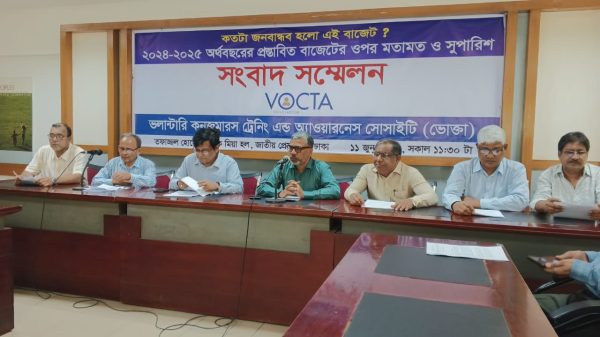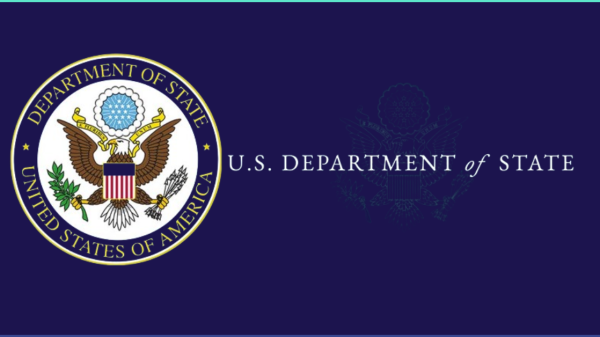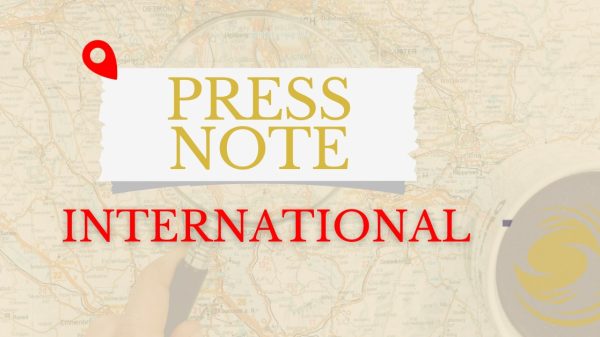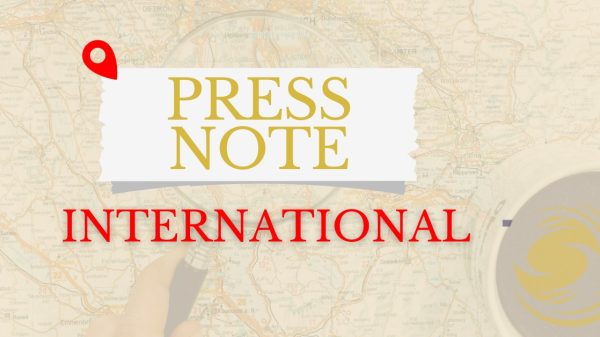Ten point recommendations have been made to make the budget more people-friendly

- Update Time : Wednesday, June 12, 2024

Voluntary Consumers Training and Awareness Society (VOC) has put forward ten point recommendations to make the proposed FY 2024-25 budget more people-friendly.
These recommendations include: ensuring the proper implementation of monetary policy and fiscal policy to control inflation and clear guidelines to reduce inflation to 6.5 percent, adding a specific outline of the government’s initiatives to deal with market syndicates, adding budget proposals, reducing the government’s excess borrowing from banks to meet the budget deficit, against defaulters. Adding a clear declaration in the budget on strict repression policies, and increasing budget allocation to education and health sectors to ensure smart citizens, skilled manpower with values and quality of education.
It has also been recommended to withdraw the increased supplementary duty on mobile phone calls and internet services, move away from the 15 percent tax on black money and increase the tax-free life expectancy of individuals from Tk 3.5 lakh to Tk 4 lakh.
Voluntary Consumers Training and Awareness Society (VOCTA), an organization that has been agitating for the establishment of consumer rights for a long time in the country, presented these recommendations in a press conference organized at the National Press Club on Tuesday, June 11, 2024. On behalf of the organization, its executive director Md. Khalilur Rahman Sajal presented these recommendations in a written speech highlighting various aspects of the budget.
The chairman of the consumer, Professor Dr. Hossain Uddin Shekhar, Vice Chairman Sanwar Hossain Nowroz, Director Lutfar Rahman Liton, Dr. Latiful Bari, Mohsinul Karim Lebu, Saidul Abedin Dollar, Mizanur Rahman Talukder, Noorun Nabi, Ghulam Kabir and Fazlul Haque were present.
In the press conference, Khalilur Rahman Sajal said that the budget of 797,000 crores for the 2024-25 fiscal year, presented to the national parliament on June 6, has estimated a deficit of 2,51,600 crores and an income of 5,45,400 crores. The proposed budget acknowledges the problem, but lacks a mechanism or direction for a timely transition.
He said, “Consumers” have demanded a consumer-friendly budget with special emphasis on inflation control, employment and income growth, but the proposed budget has unbridled rise in commodity prices, increase in the number of unemployed people, decrease in people’s income, violence against bank debtors, illegal money laundering, etc. Reality did not appear to be given much importance to the ‘consumer’. So the question remains, how friendly is this budget?
However, there are several positives in the proposed budget, which cannot be denied. The size of the budget has been kept down so that the pressure of inflation does not fall on the people. Although not enough, the budget offered some hope to control the ongoing hyper-inflation. This budget has taken steps to harmonize fiscal, monetary and market-based interest rates. He said that the announcement of cancellation of tax-free car import facility by members of parliament is a very commendable initiative.
‘Consumers’ feel that some of the measures taken in the budget are not enough to achieve the target of reducing inflation to 6.5 percent in the proposed budget.
According to him, the country’s food price inflation is much higher than overall inflation, about 12 percent. Production and supply should be increased to control food inflation. But the budget has no clear direction or measures to de-syndicate the market including increasing food production and supply.
The proposed budget has reduced taxes and VAT on several products. Tax at source on supply of daily commodities has been reduced by 1 percent. This will give some relief to merchants, but we have doubts about how much benefit will be available at the consumer level.
People’s purchasing power is decreasing due to inflation. However, it would not be reasonable to raise additional charges for mobile phone calls and internet services. Where there is no supplementary duty, the reverse has been increased. It was not well thought out. Increasing duty-tax on refrigerators, ACs used by citizens will increase the pressure on limited income and middle class.
The facility given in the budget to whiten black money with 15 percent tax is morally and economically unacceptable. Such a system will further encourage the vicious circle of corruption. Such provision is completely unreasonable and contrary to justice. Therefore, the ‘consumer’ thinks that the government should withdraw from this system of making black money white by taxing 15 percent.
The allocation for the social security sector in the last fiscal year 2023-24 has been increased from Tk 1 lakh 26 thousand 272 crore to Tk 1 lakh 36 thousand 26 crore in this year’s budget. Government officials-employees’ pension, profit on savings bonds, education scholarships, stipends, free textbook printing etc. are included in this allocation. The ‘consumer’ feels that it is not reasonable to add the profits of pensions and savings certificates to the social security sector.
A tough crackdown on defaulters was expected in the proposed budget. But there is no mention of this in the budget. Which disappointed us. This time the allocation of education in the budget is disappointing. Compared to the last time, 6 thousand crore rupees have been allocated to the education sector, but it has decreased in proportion to the GDP. Education sector did not get due importance in the budget. Whereas UNESCO advises that a country should spend 5 to 6 percent of its total GDP on education.










Leave a Reply